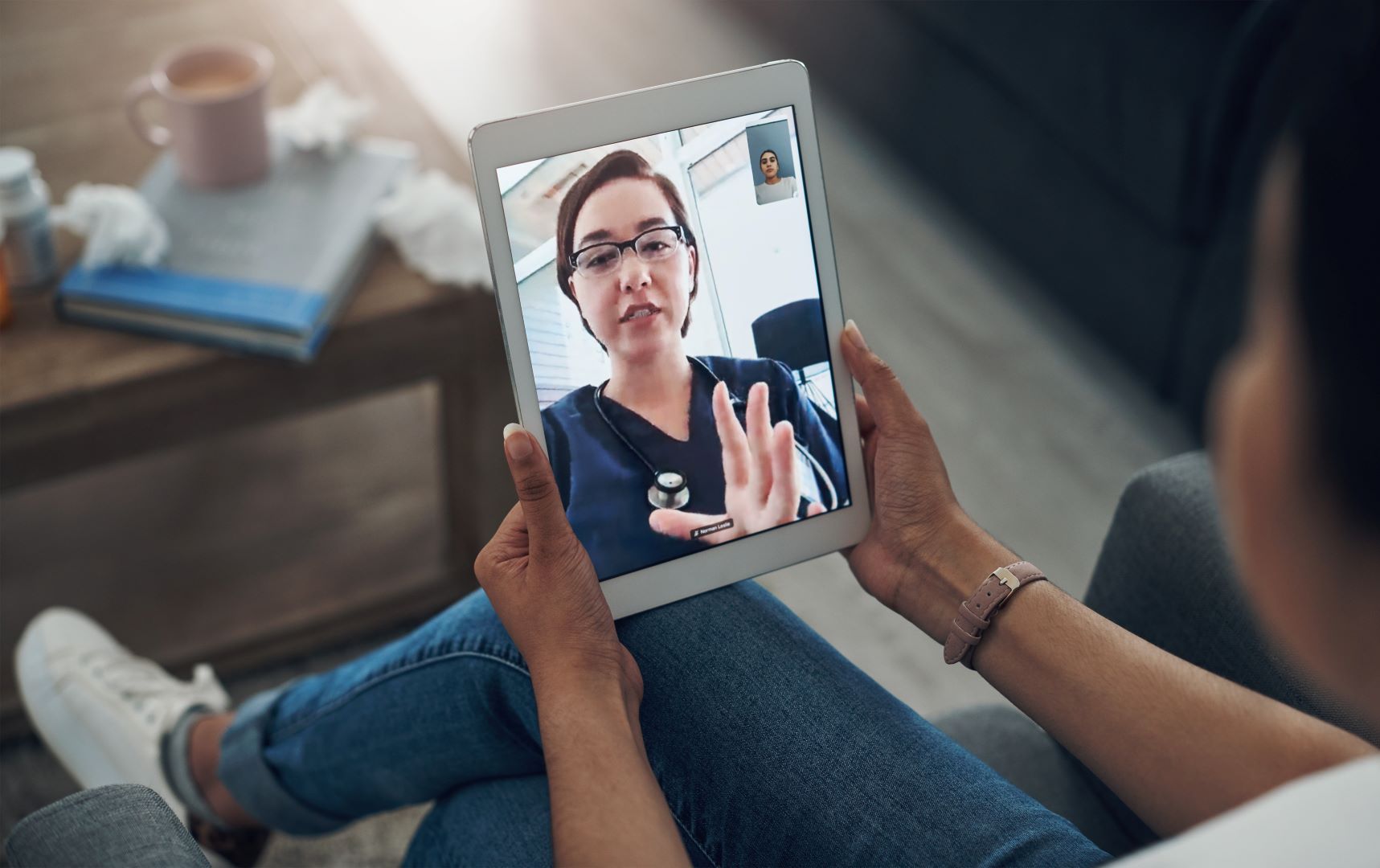DCT: How dermato-oncological studies benefit from digitalization
Published: 05.26.2021
For participants in dermato-oncological DCT clinical trials, regular examinations and medical visits are essential. Using new digital technologies, decentralized clinical trials (DCTs) offer improved access to patient care, streamlining data collection and enhancing research efficiency.
How AI Enhances Adverse Event Detection in DCT
Just as patients have different medical histories, adverse events in digital clinical trials vary. Typical adverse events (AE) include symptoms such as dizziness, nausea, or stress. AI-powered technology supports the evaluation of AEs by analyzing complex relationships between individual patient characteristics and potential side effects.
Using medical data from previous illnesses and reported symptoms, AI determines risk values for adverse events. For example, if chemotherapy is excluded as a factor, AI in a digital dermato-oncological study can still identify non-specific complaints—such as nausea, vomiting, or right-sided abdominal pain—as potential signs of immune-mediated liver inflammation.
Automated warning messages are sent to the relevant clinical trial site, enabling doctors to promptly review suspected cases. This approach optimizes patient safety, as adverse effects can be mitigated by adjusting medication accordingly.
By cross-referencing data across trials, AI helps identify undocumented adverse events by detecting gaps in medical documentation and triggering verification queries. Digital clinical trials using AI offer several advantages:
-
Efficient data collection and risk assessment
-
Reduction of inaccuracies in trial data
-
Enhanced medical care for participants through continuous health monitoring and forecasting
White Paper
Patient Apps: How DCT Educates Skin Cancer Patients Through Digital Technologies
In a DCT clinical trial, participants require continuous education about their condition and treatment. However, questions about trial procedures and disease progression frequently arise. Mobile technologies, such as patient apps, provide real-time access to essential trial information.
These mobile applications educate participants on their condition, symptoms, and treatment options. In addition to offering a medical dictionary for reference, personalized videos and notifications provide further insights.
In decentralized dermato-oncological trials, digital tools guide patients in self-examining their moles using the ABCDE rule (Asymmetry, Border, Color, Diameter, and Evolving). Integrated chatbots can instantly address patient queries, improving engagement and adherence.
Trial sponsors determine whether participants receive continuous access to study updates via digital platforms. When enabled, study participants can track their treatment progress and access preliminary research results, increasing their involvement and motivation to remain in the trial.
Would you like to integrate patient apps into your study project? Click here to learn more about DCT and mobile applications in clinical research.
Decentrailizing Clinical Trials: Better Patient Care Using Digital Sessions
The COVID-19 pandemic underscored the need for decentralized clinical trials and telemedicine. Traditional trial site visits were restricted, highlighting the importance of remote digital clinical trial solutions. Virtual follow-ups and symptom tracking in digital trials improve access to clinical care while expanding the potential participant pool beyond geographic limitations.
Regular digital consultations support participants, ensuring continuous interaction with clinical trial teams. Whether via text or video chat, patients receive ongoing remote medical supervision between on-site visits. Mobile and computer-based video solutions enhance trial accessibility, as they are both convenient and time-efficient.

Integrating televisits with at-home data collection through questionnaires or biosensors makes virtual sessions significantly more efficient. Using wearable health sensors, such as an in-ear device, continuous monitoring of key medical parameters is possible:
-
Body temperature
-
Heart rate
-
Blood oxygen saturation
These real-time health insights allow clinicians to tailor treatments more effectively, reducing the need for frequent on-site visits. Digital clinical trials provide participants with improved medical care, ensuring a more personalized and data-driven approach to trial management.
Conclusion
DCTs and digital clinical trials are revolutionizing research and trials in dermato-oncology. They offer innovative approaches to patient care, optimize clinical trials and improve direct contact between patients and physicians. In Germany in particular, such digital solutions can significantly increase the efficiency and reach of clinical trials.
Would you like to learn more about decentralized approaches in other indications? Learn here how DCT is used in diabetes research.

